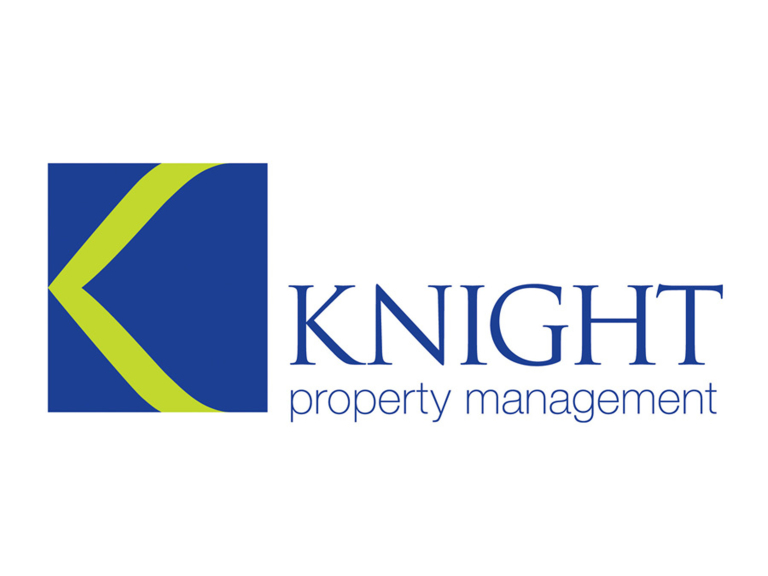
The UK lettings industry was turned upside down on June 1 with the introduction of the Tenant Fees Act (TFA) 2019 — but how does it affect tenants and landlords?
The new legislation now means that payments, such as credit-check fees, inventory fees and fees for professional cleaning services, are now prohibited. TFA applies immediately to tenancies signed on or after June 1, 2019, while there is a 12-month grace period for older tenancies (until May 31, 2020).
It is vitally important for landlords to learn about the changes and the effect on their property portfolio, so here is our overview of the key issues and challenges.
The Law
TFA prevents a landlord or letting agent from seeking payment from a tenant for services connected with their tenancy. It also prohibits tenants being forced to enter into a contract with a third party for other services, such as insurance. The new rules apply to assured shorthold tenancies (AST), with the exception of social housing or long leases (more than 21 years).
If a landlord or agent accepts a prohibited payment under a tenancy agreement after June 1, 2020, they have 28 days to return it before they breach the rules.
To comply with the new legislation, we advise that all landlords should update their tenancy agreement forms and review any existing tenancy agreements.
Permitted Payments
Landlords and letting agents will still need to charge tenants for rent and essential services, but these are now clearly outlined in Schedule 1 of TFA in a list of “permitted payments”. These include:
Penalties
Landlords and letting agents can expect a fine of up to £5,000 for each breach regarding prohibited payments and holding deposits. If a landlord commits a further breach within five years of receiving a TFA financial penalty, then it would be a criminal offence resulting in a conviction and an unlimited fine. Serial offenders could even be banned from letting property and placed on a database of rogue landlords and agents.
If you have any questions regarding the new legislation, please contact Knight Property Management for a free, no obligation chat. Call us today on 01992 308181.
Award-winning letting agents and chartered surveyors regulated by RICS and ARLA.
The following Cookies are used on this Site. Users who allow all the Cookies will enjoy the best experience and all functionality on the Site will be available to you.
You can choose to disable any of the Cookies by un-ticking the box below but if you do so your experience with the Site is likely to be diminished.
In order to interact with this site.
To help us to measure how users interact with content and pages on the Site so we can make
things better.
To show content from Google Maps.
To show content from YouTube.
To show content from Vimeo.
To share content across multiple platforms.
To view and book events.
To show user avatars and twitter feeds.
To show content from TourMkr.
To interact with Facebook.
To show content from WalkInto.